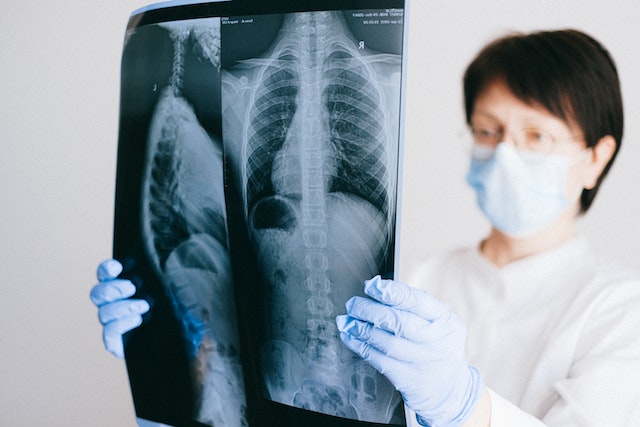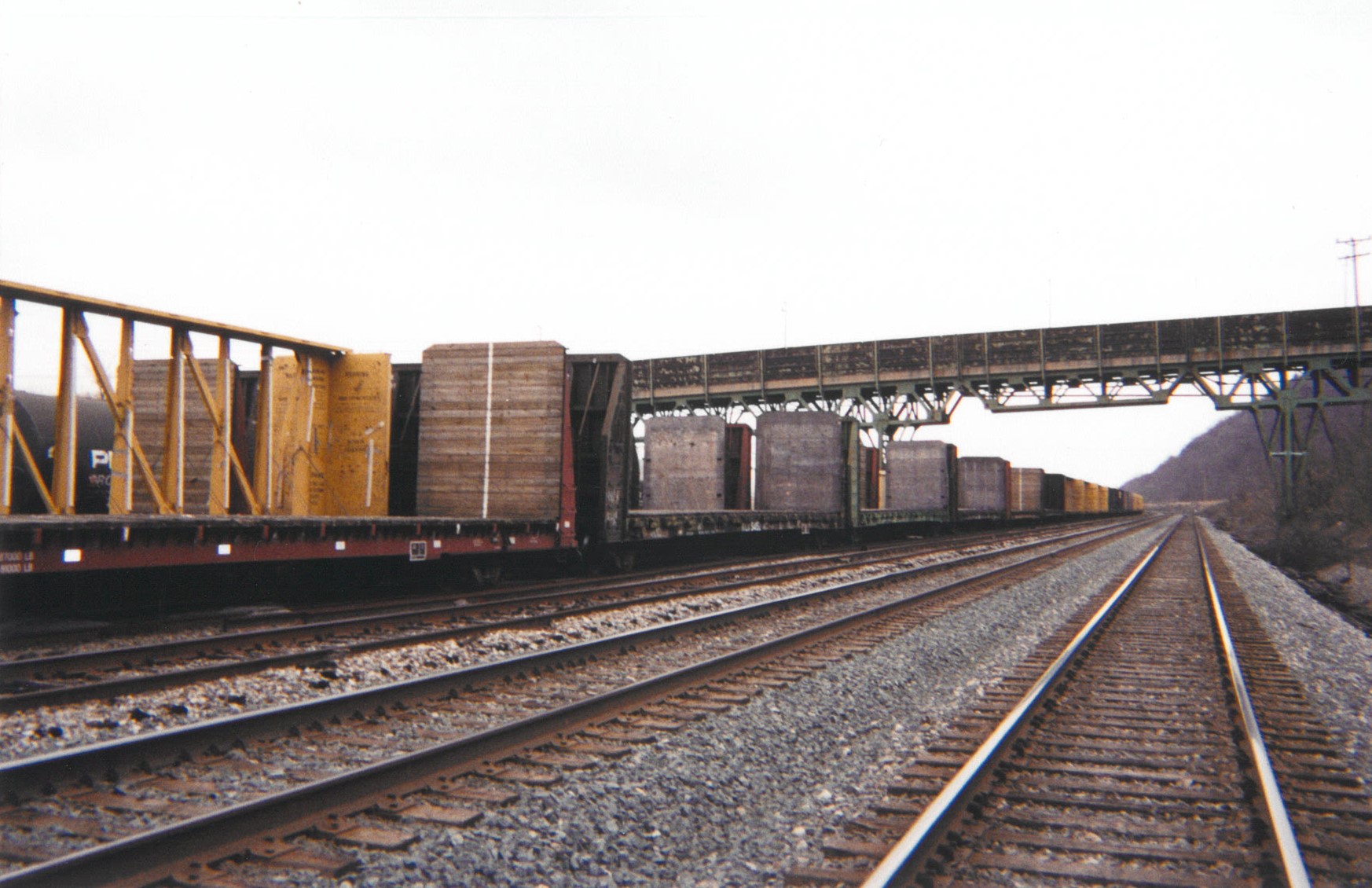
As the railroad industry continues to put profits before safety, many companies have cut their workforce by using remote-controlled locomotives for common switching operations. The reason companies like Norfolk Southern, Union Pacific, CSX, and BNSF like using remote-controlled operations is it allows them to replace wage-earning workers with low-cost technology. Instead of employing a crew of workers, including certified engineers to operate locomotives while physically at the controls within the locomotive, a remote-control operator (RCO) operates the locomotive with a hand-operated transmitter that sends signals to a microprocessor aboard the locomotive. Typically, the RCO is stationed on the ground and controls a locomotive’s movements with a remote. Sometimes, however, a worker rides aboard the train he is controlling remotely while it is moving, which is a far more dangerous practice. Unfortunately, the combination of a lack of manpower and training, along with a reliance on imperfect technology in such a dangerous environment often leads to catastrophic injuries.
The hazards of RCO switching are highlighted by the number of tragic and avoidable deaths of railroad workers in recent years. Just this past month, Fred Anderson, a CSX carman who had worked for the railroad for 19 years, was killed after he was struck by a remote-controlled train in a CSX railyard in Walbridge, Ohio. It was the third fatal incident in a CSX yard since June. Details regarding this tragic accident are still unknown at this time as the National Transportation Safety Board (NTSB) continues to investigate.
On February 9, 2022, a BNSF switchman was struck and killed by a remote-controlled train during a switching movement in the BNSF Globeville Yard in Denver, Colorado. The victim was a switchman who was working as a RCO helper at the time. According to reports, he was riding on the front center platform of the lead locomotive he was controlling remotely when the train suddenly decelerated, causing him to fall forward onto the tracks and get struck by the locomotive he was riding.
On October 12, 2020, an RCO working for CSX was killed in the Acca Rail Yard in Richmond, Virginia. The RCO, who was working alone at the time, was reportedly riding on the side of a lead railcar during a shoving movement when the train he was riding struck a cut of three railcars that had rolled back from another track, fouling his path.
On April 23, 2020, a Union Pacific remote-controlled train, consisting of two locomotives and four rail cars, collided with a tractor-trailer as the train entered a public highway-rail grade crossing outside of the Proviso Yard in Northlake, Illinois. The train was traveling at a speed of 10 mph while shoving rail cars into an industry track. The remote-control operator was controlling the movement of the train from the end rail car and died as a result of the collision as the train entered the grade crossing.
Not surprisingly, the NTSB investigation into all of these incidents revealed that the use of remote-controlled locomotives played a part in all of the deaths and that each one was avoidable. After the most recent fatality in Walbridge, the leader of the Transportation Communications Union and Brotherhood of Railway Carmen is calling for a review of the use of remote-control locomotives, stating:
“[R]ailroading is a dangerous environment, and there’s long been a culture of watching out for each other. But when headcounts have been cut to the bone, who’s left to watch your back? . . . every railroad must evaluate their use of these supposed technological advancements to ensure they are actually making our members safer, and not merely replacing people to continue lining the pockets of Wall Street.”
Cutting jobs in favor of unsafe technology that has time and again led to worker fatalities is a prime example of how railroad companies value profits over safety. Fortunately, the Federal Employers’ Liability Act (FELA), provides a system for these workers and their families to hold these companies accountable for their unabashed corporate greed. If you or a loved one has been injured due to the unsafe practices on the railroad, contact us today for a free consultation.





